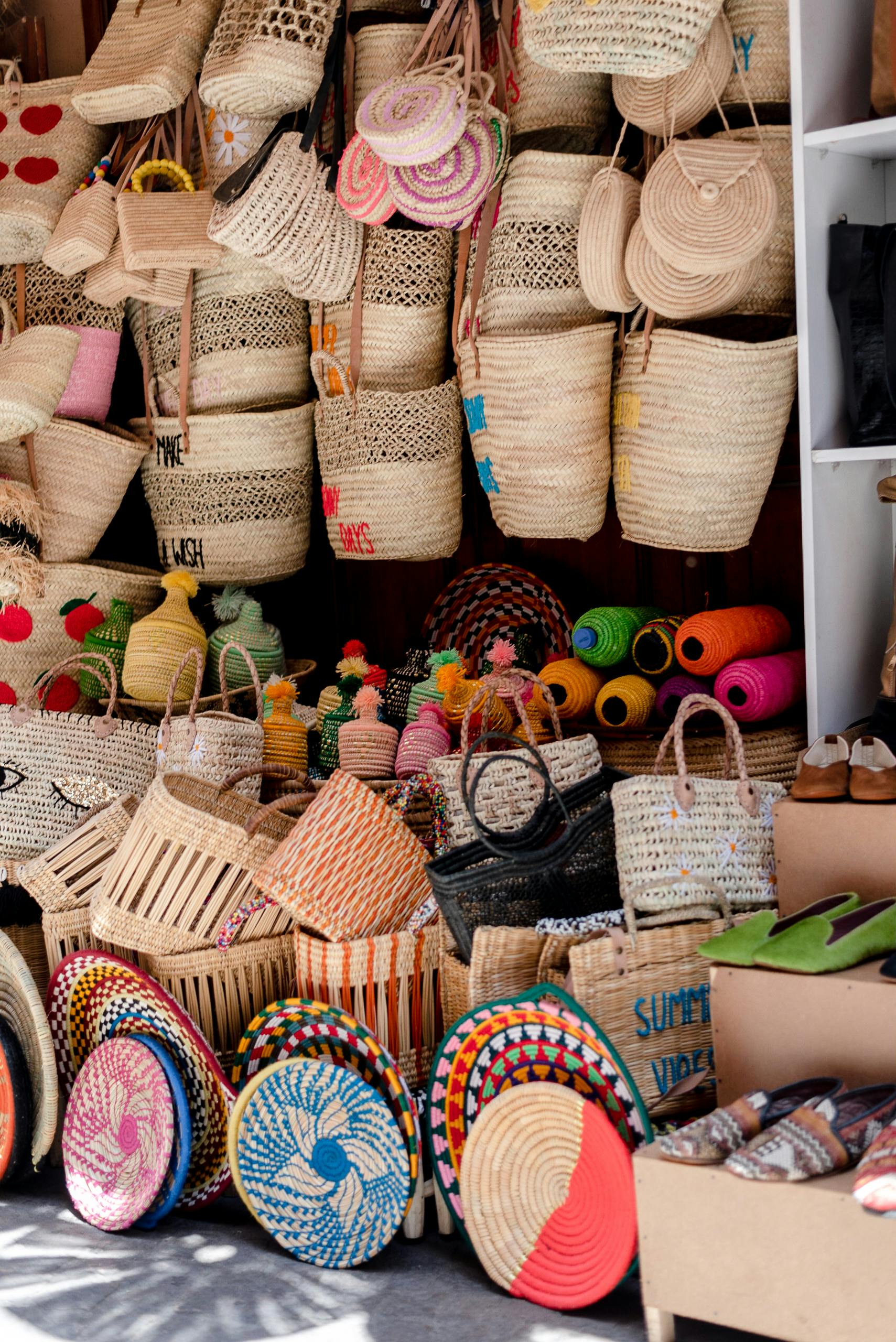
Tanzania’s vibrant artisan scene is a cornerstone of its cultural identity, with each piece of craftsmanship telling a story of tradition, heritage, and community. From intricately beaded jewelry to hand-carved sculptures, supporting local artisans not only helps preserve these rich traditions but also empowers communities economically and socially. Here’s how you can play a part in uplifting Tanzanian artisans during your safari adventure.
1. Discover the Art of Beadwork
The Maasai are renowned for their colorful beadwork, an art form passed down through generations. Each piece—whether a necklace, bracelet, or decorative item—carries cultural significance.
- Where to Shop: Visit Maasai villages near the Serengeti or Ngorongoro. Many lodges also feature boutiques showcasing these crafts.
- Why It Matters: Purchasing Maasai beadwork directly from artisans ensures fair compensation and helps sustain their cultural practices.
2. Explore Makonde Wood Carvings
The Makonde people, based in southern Tanzania, are celebrated for their intricate ebony wood sculptures. These carvings often depict themes of family, spirituality, and daily life, with the iconic “Tree of Life” being a standout.
- Where to Find: Art galleries in Dar es Salaam, local markets, or Makonde villages in the Mtwara region.
- Why It Matters: Supporting Makonde artisans helps preserve this unique art form, which is increasingly threatened by the demand for mass-produced souvenirs.
3. Appreciate Tinga Tinga Paintings
Originating in Tanzania, Tinga Tinga art is a bold and colorful painting style inspired by nature and daily life. Its whimsical designs make it a favorite among visitors.
- Where to Buy: Tinga Tinga Art Cooperative Society in Dar es Salaam, or markets in Arusha and Zanzibar.
- Why It Matters: By purchasing authentic Tinga Tinga art, you help sustain the artists’ livelihoods and the cooperative initiatives that support them.
4. Invest in Handwoven Baskets and Textiles
Tanzanian artisans create stunning baskets, mats, and fabrics using natural materials like sisal and cotton. These items are not only functional but also a reflection of the country’s diverse cultural influences.
- Where to Find: Local markets such as Mwenge in Dar es Salaam or Mto wa Mbu near Lake Manyara.
- Why It Matters: Buying handwoven items encourages sustainable practices and provides artisans, especially women, with a reliable income source.
5. Engage with Artisans Directly
Interacting with artisans offers a deeper appreciation for their craft. Many safari tours include visits to artisan workshops or cultural villages where you can see the creation process firsthand.
- What to Expect:
- Live demonstrations of beadwork, carving, or weaving.
- Opportunities to try crafting your own souvenir.
- Stories about the cultural and historical significance of their work.
6. Ethical Ways to Support Tanzanian Artisans
- Buy Local: Choose authentic, handmade items over mass-produced alternatives.
- Fair Trade Practices: Support initiatives that prioritize fair wages and ethical sourcing.
- Spread the Word: Share your discoveries with friends and family to promote Tanzanian craftsmanship globally.
Why Supporting Local Artisans Matters
Artisans play a vital role in Tanzania’s cultural and economic landscape. By purchasing their work, you contribute to:
- Cultural Preservation: Ensuring that traditional skills and stories are passed down through generations.
- Community Development: Supporting local economies and funding education, healthcare, and infrastructure.
- Sustainable Tourism: Encouraging environmentally friendly practices in crafting and production.
Experience Tanzanian Craftsmanship with Future African Safari
At Future African Safari, we believe in connecting travelers with the heart of Tanzania’s culture. Our tours include curated experiences that highlight the talents of local artisans, from bustling markets to peaceful workshops.
Ready to bring home a piece of Tanzania’s soul? Contact us today to plan your artisan-focused safari adventure!

